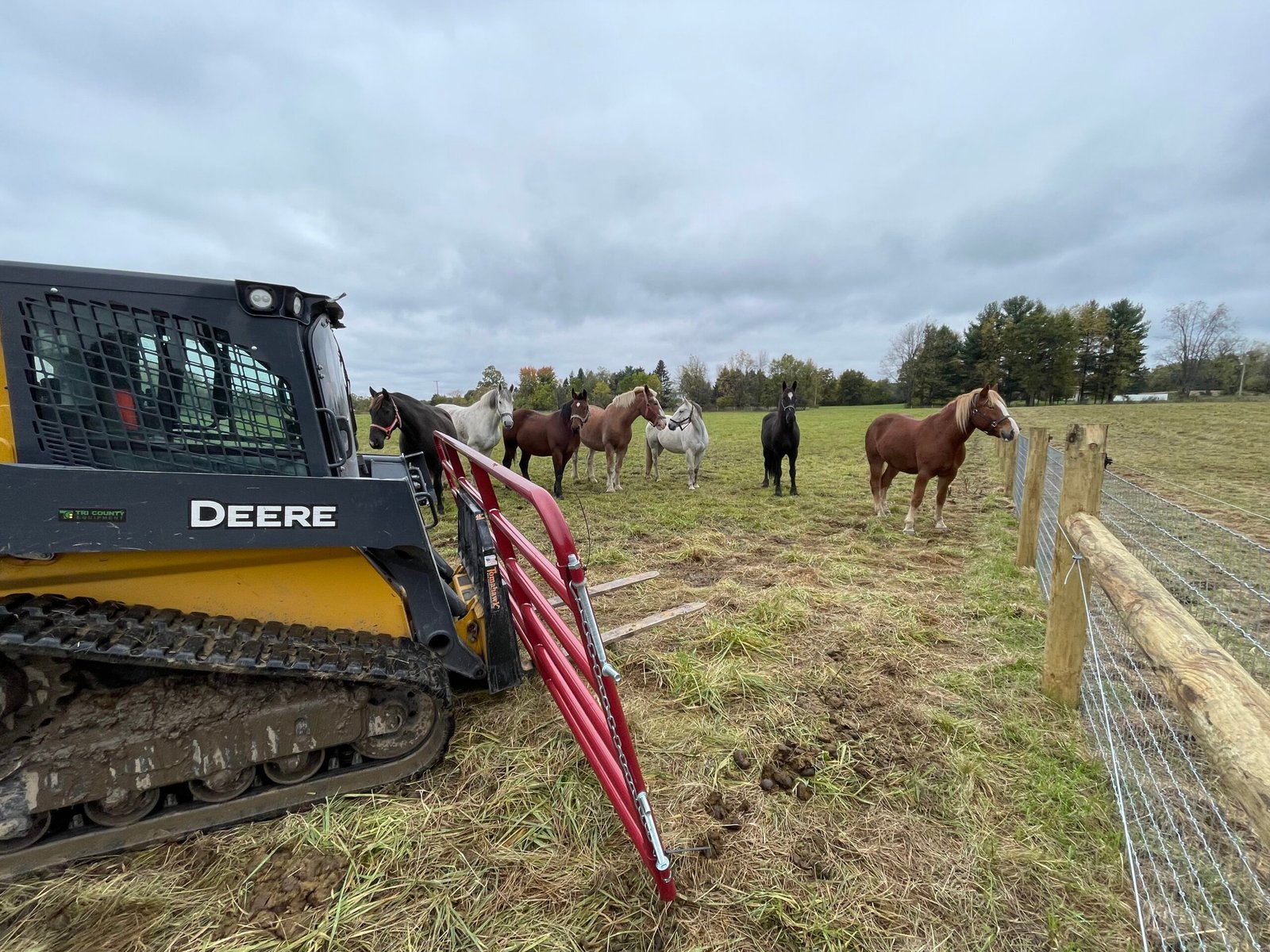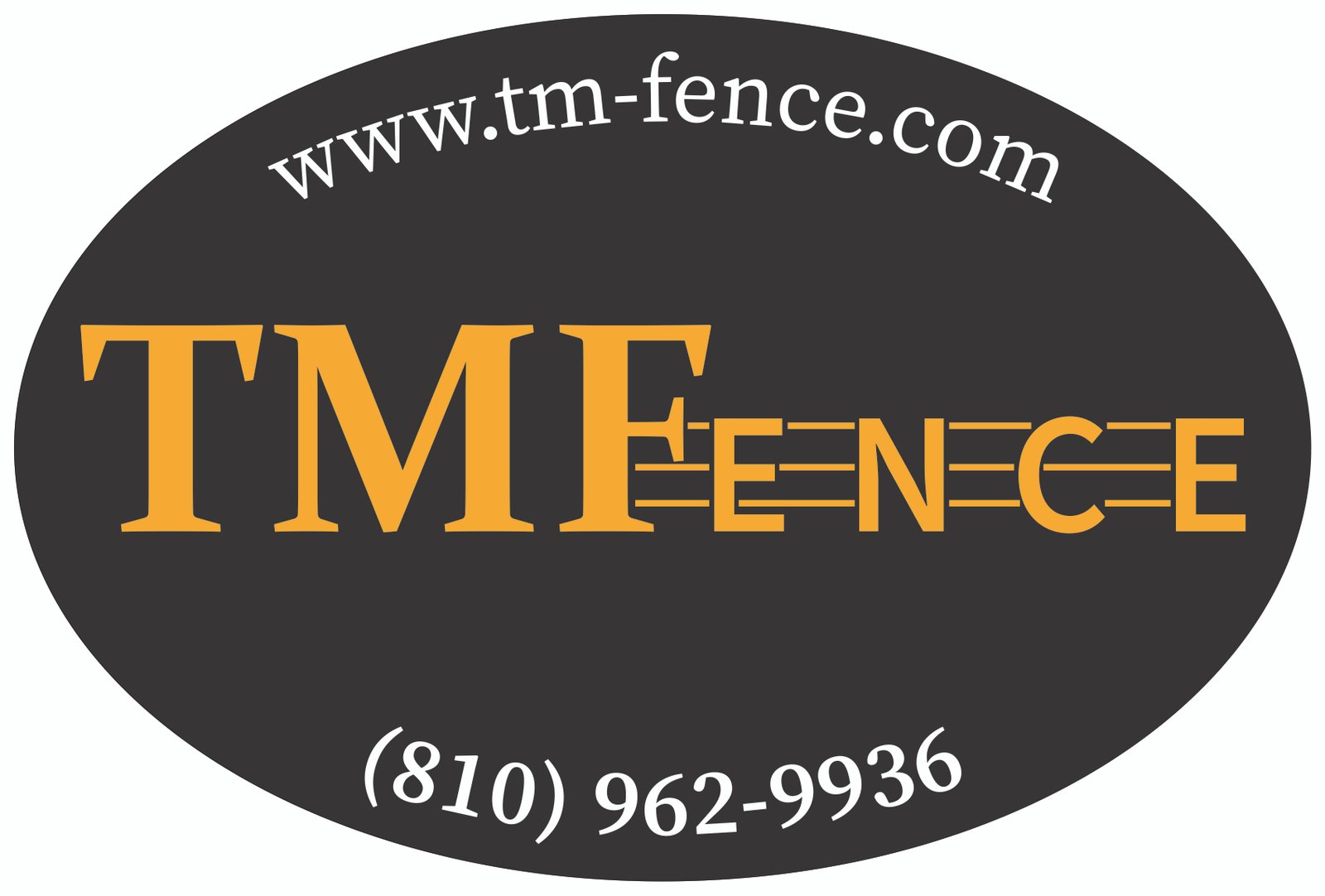Your animals depend on you to choose the right type of fencing to keep them safe. Choosing proper fencing materials not only benefits the animals but also ensures that your farm operates smoothly. This blog will guide you in matching the fence type to what you will contain, exploring different fence materials, and understanding your budget.

The Importance of Proper Livestock Containment
Proper livestock confinement is an important part of good farm management. It protects your animals, finances, and legal rights. Fencing prevents livestock from straying and causing accidents or property damage. Responsibly managing livestock keeps neighbors happy and protects your farm investment.
Matching Fence Type to Livestock Needs
Different animal species have different fencing requirements. For example, cattle tend to be simpler to control and often need less fencing to maintain containment. In contrast, smaller animals such as sheep require stronger and more visible fencing to safeguard them against predators and prevent escape attempts. Meanwhile, horses, due to their size and visual nature, necessitate durable and conspicuous fencing to avoid injury risks.
Cattle Fencing
Fences like barbed wire, electric, and high-tensile can contain cattle. The key is to choose sturdy fencing that provides adequate containment without injuring the animals.
Sheep and Goat Fencing
Sheep and goats require secure fencing to keep predators out and to prevent escape. Woven wire fences with electric fencing work well. These fences should be tall enough to prevent jumping and strong enough to resist animal pushing and leaning.
Horse Fencing
Horses require fences that are not only strong but also visible. Wood, PVC, and vinyl rail fences are popular because they are visible and can reduce injury risk. Electric fencing, especially for boundaries, is another option.
Poultry Fencing
The main concern for poultry is predator protection. Fences must be tall enough to prevent flying and secure enough to keep ground predators out. Wire mesh or electric netting are popular.
Types of Fencing Material
The material you use influences both the function and the longevity of your fence. Materials that are commonly used include:
Wooden Fence
Wood fencing looks classic and is ideal for horse enclosures. It requires regular maintenance to prevent rot and wear and ensure its longevity and aesthetic appeal.
Wire Fencing
Brands of wire known for being strong and flexible include barbed wire, woven wire, and high-tensile wire. These wire fences work for various livestock but should be checked regularly for sagging or breakage.
Vinyl and PVC Fencing
Fencing made of vinyl or PVC is an option that requires little maintenance and has an appealing appearance. It can be used for ornamental fencing, combining style and utility, and is especially appropriate for horses.
Electric Fencing
Electric fences are effective for both containment and as an isolation barrier for livestock. They require a consistent power source and regular checks to remain functional and safe.
Budgeting for Your Fence
Having a solid understanding of the prices of the various types of fencing is essential. While installation costs are important, consider long-term maintenance and durability as well. Cheaper materials may cost more due to frequent repairs or replacements.
Contact TMF Services for Your Fencing Needs
Consider your livestock’s needs, material suitability, and budget when choosing a fence for your agricultural property. At TMF Services, we offer expert advice and quality installation. Our customized agricultural fencing is designed to meet your needs and budget. With our fence installation expertise, you can be confident that your farm and everything on it are well protected and managed. Visit TMF Services to learn more about how we can help you secure your property.


